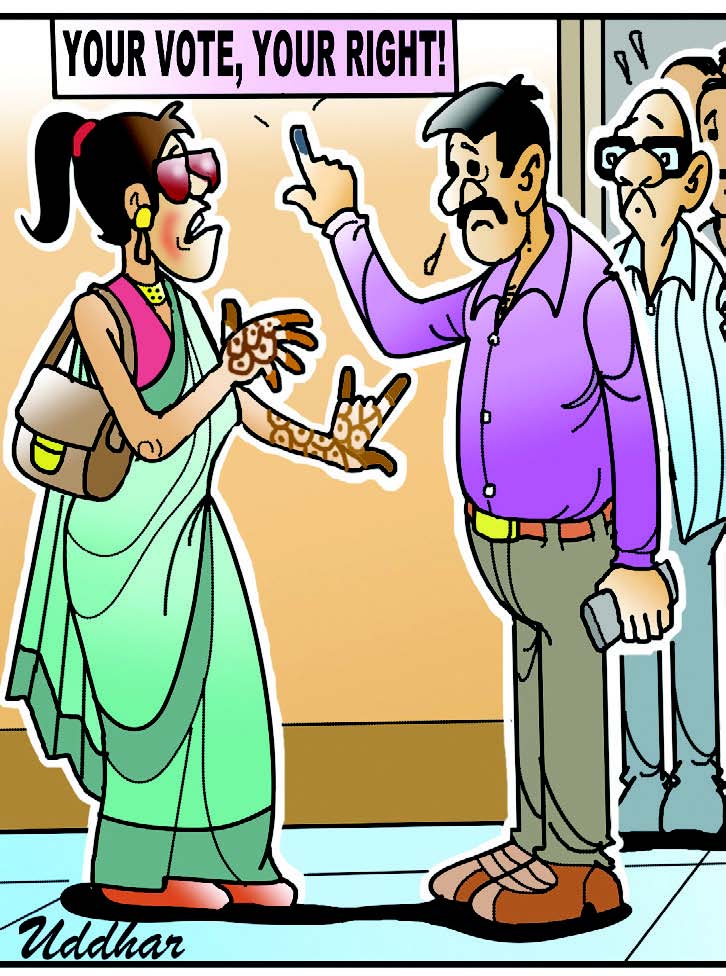11 Sep 2018 | 06:02am IST
Falling rupee, rising fuel prices, a bad combination for the economy
Monday was not a good day for the Indian financial markets with the rupee falling to its lowest ever. The rupee closed at a new record low of Rs 72.45 to the dollar. It has been achieving record lows almost regularly over the past few days. The BSE Sensex fell by 467.65 points, or 1.22 per cent, and the NSE Nifty 50 fell 151 points, or 1.30 per cent. The trend is definitely not good for the economy and the country.
As the rupee sank to a new low, and fuel prices climbed to even new highs, the Opposition-endorsed Bharat bandh highlighted the issues across the country, but this did little to bring the economy back on track or even get the issue discussed where it most matters. For, interestingly, while across the country people have been debating the rise in fuel prices, the two-day national executive of the BJP that ended on Sunday did not even touch upon the issue.
It is what the BJP has to say about the economy, about the fuel prices and about the falling rupee that the common man wants to hear, but the party and its government has not been forthcoming on the issue. There has even been no assurance of a tax cut on fuel prices, or that steps will be taken to ensure that the prices will drop, only an assertion that the government is trying its best to contain inflation and that it has succeeded in this. That last part, however, is open to debate and not many across the country would tend to agree with this version.
Terming the bandh a failure, the BJP claimed that the government cannot be blamed for rise in the prices of petrol and diesel as it does not have control on them. The Union Law Minister acknowledged that the people were facing a ‘momentary difficulty’ due to increasing petrol and diesel prices but that they understood that this was due to factors beyond the control of the Central government, and that the rise in fuel prices was due to a crisis in international market.
There is, however, no assurance that prices will come down. On the contrary, a finance ministry official said that the government anticipates that international oil prices, which together with a drop in the value of rupee have been fuelling the fuel price rise to record levels, will moderate in coming days to take the pressure off. Moderate is not the same as reducing prices, so is it that the people have to be prepared to continue paying the astronomical sums for fuel in the coming days, weeks and even months? That appears to be what the government wants the people to be ready for.
As politics gets played out on the issue, with the Opposition sparring with the government on the fuel prices, little is achieved in controlling the prices or the fall of the rupee, as can be seen by what occurred in the financial markets on the first day of the week. Today, taxes are a major component of the fuel price and here is where a little adjustment can reduce the burden on the people. In 2012, the State government led by Manohar Parrikar had reduced Value Added Tax to bring down fuel prices in the State by Rs 11. Rajasthan, a BJP-governed State, as claimed by the Chief Minister, has reduced VAT to give their people relief. That State is going to the polls in the coming months and high fuel prices will not help the party in government to gain votes.
The economy has to be beyond politics. The falling rupee is a matter of grave concern that needs to be addressed. But it appears there is nobody to do that.
